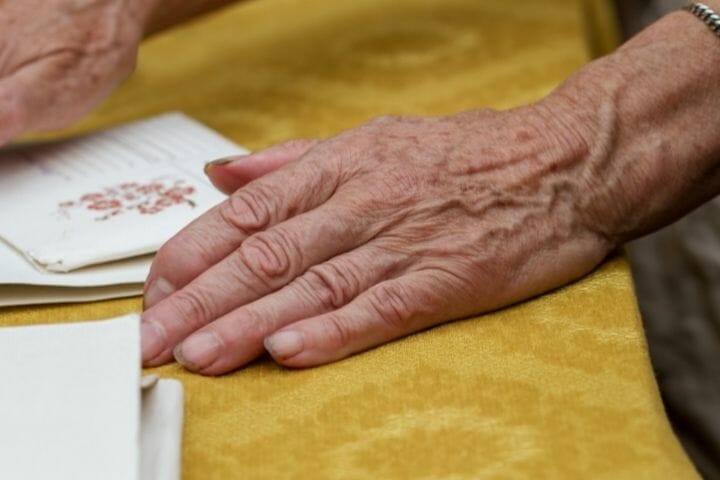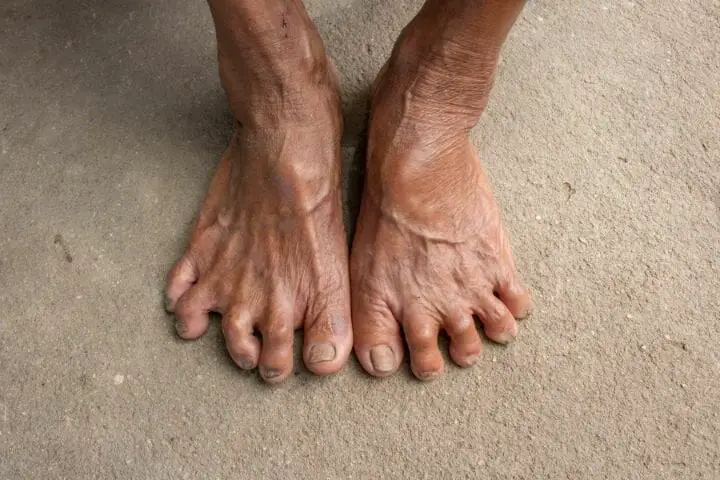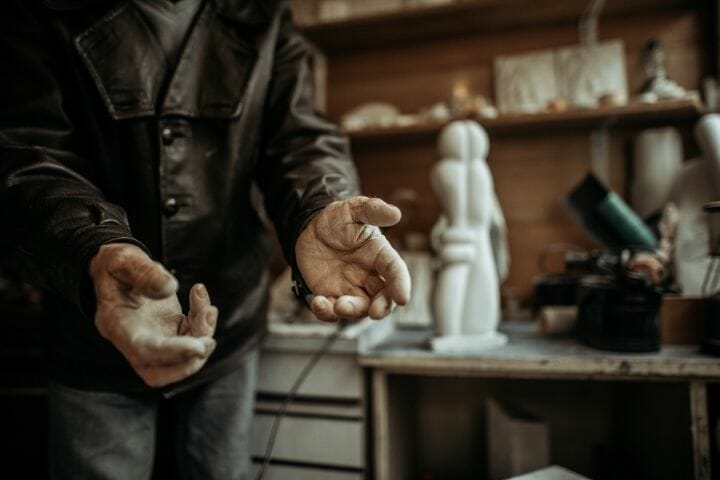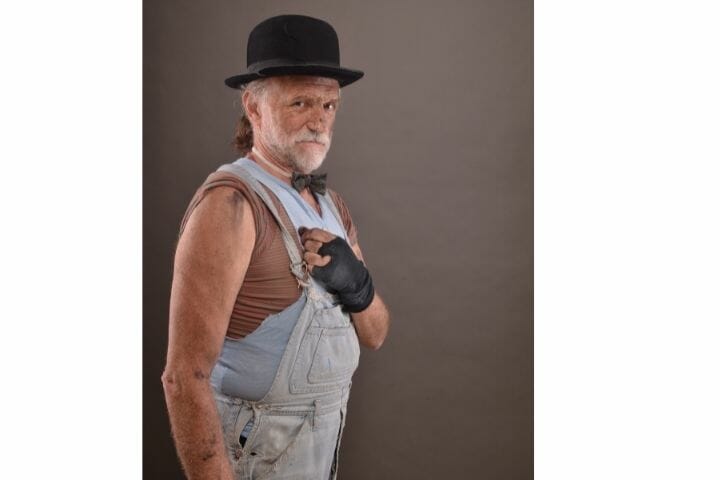Have you noticed your senior loved ones falling prey to procrastination about their personal hygiene? Here’s how to talk to seniors about personal hygiene in a polite way
Contents
Health and hygiene are two sides of the same coin. The former cannot exist without the latter. The exercise of self-neglect in bathing and oral hygiene goes much beyond only an untidy appearance and body odor.

Poor personal hygiene among seniors can lead to several health problems, significantly lowering the quality of life and the life expectancy rate. Thus, we bring you this guide to effectively remedy your elderly loved ones’ reluctance to follow basic rules of hygiene.
Delivering Bad News to Parents
When your aging loved one gradually repeats their clothes for days in a row, does not shower, has long, dirty fingernails, and makes no effort to make their makeup—all of the above points to a vicious cycle of poor personal hygiene.
It’s essential to initiate the difficult conversation around their personal hygiene in an understanding and non-judgemental manner. Keep in mind how daunting it can be for the elderly to let their guard down and accept the need for help in meeting their personal hygiene goals.
You must be careful not to cross any personal boundaries and prevent making the senior feel embarrassed or incompetent. Take time to remind the senior that it’s completely normal to feel this way after a certain age. Suggest the idea of taking them to a doctor if physical medical issues are causing poor personal hygiene.
You must inquire in-depth about the everyday tasks that the senior struggles with the most before offering help. The first step in the right direction would be building trust by noting their expectations and honestly discussing their comfort levels with varying levels of assistance.
Even when you are hoping for a positive reaction from the senior, you must anticipate some degree of denial or hesitation on their part as relying on another for everyday grooming can feel humiliating and invasive.

Why do Elderly Avoid Bathing?
The best way to understand potential solutions for personal hygiene issues is to identify the reasons triggering these issues.
Dulling Senses
Poor vision, smell, and hearing are common problems that many seniors experience. Unfortunately, a dulling of the senses also means that they cannot see their shoddy clothing or smell body odor as well as those around them.
Fear and Discomfort
Fear of falling is quite common among seniors, and the bathroom is a major culprit in the instances of falling. Seniors avoid getting into situations where they might have to put themselves at risk.
Reduced Motor Ability
Many older adults find it difficult to walk due to arthritis and other issues. This, unfortunately, means that the task of getting up and going to the bathroom is a chore that they start to avoid.
Cognitive Impairment like dementia and Alzheimers’ disease
Patients with dementia and Alzheimer’s may forget to bathe or become confused whether they have already had their ablutions or not.
Medication Side-Effects
Older adults take more than five medicines a day. Some of these medicines can cause grogginess and cause them to be less active than they should

How to Help the Elderly with Their Personal Hygiene
The Need for A Routine
Stick to your elderly loved one’s existing daily routine as much as possible to avoid making them feel like a fish out of water. But, try to incorporate more hygiene habits within the same duration.
However, if the senior lacks a routine, create a schedule to familiarize them with activities like brushing their hair, teeth, showering. Often, the senior refuses to bathe because the cold and shivering experience scares them.
Turn on the space heater about 10 minutes before bath time to create a warm atmosphere. Don’t forget to clean under all skin folds with greater attention, as that is where the bacteria tend to accumulate and grow. Also, carefully rinse the soap to ensure that the skin does not get irritated.
Always keep their clothes and deodorant laid out for use after the bath so that they do not need to wait in the wet towel.
The Strategy of Rewards and Positive Reinforcement
Positive reinforcement can prove to be a blessing in more complicated scenarios. Things like putting on soothing music of their choice in the background and using their favorite scented body wash can help calm their nerves and turn bathing into a part of the day they actually look forward to.
Promising them a special treat after a bath or a visit to the nearby park will make the experience enjoyable. When you get the senior to put on fresh clothes or take a bath, compliment them on how nice they look.
When dealing with patients that have dementia, don’t try to complete a full shower and outfit change together but instead distribute the tasks throughout the day. You can even adjust the bathing frequency to about three times a week.

Help the aging loved ones uphold their independence.
Depending on your aging loved one’s physical capabilities, limit your involvement in their hygiene tasks to the bare minimum to allow them to feel in control.
Help them with the less-intimate parts such as shaving, putting on dentures, washing the face, and organizing all the essential products they need nearby :
- Toothpaste
- Electric Toothbrush
- Shaving Cream
- Sponges
- Towels
- Washcloth
- Shampoo
To respect the senior’s privacy, cover their private parts with a towel while bathing.
Using Bathroom Safety Equipment and Helpful Hygiene Products
According to recent studies, the elderly experience a significant decrease in body and hand muscle strength by 16-40%.
They change anatomically, physiologically, and biochemically negatively impacting their organ coordination and vision. As a result, they are more vulnerable to falling or slipping in the bathroom due to loss of balance.
Thus, you must ensure that the bathroom is safe and accessible with the installation of bathroom safety equipment like grab bars near the toilet and shower, non-slip mats on the bathroom floor, a stool or bench in the shower, and raised toilet seats.
Devices like a hand-held shower head instead of the usual one are recommended as you can control the water pressure. The spray of an overhead shower can terrify some elderly as they feel overwhelmed.
Items like no-rinse bathing wipes, razors, and toenail clippers increase the efficiency of your personal hygiene routine.

Considering Long Term Support
After caring for an aging parent or family member diligently, it may be a hard pill to swallow that their loved one with worsening physical/mental conditions is no longer fit to live in a domestic setting.
It is seemingly impossible and stressful for one person with obligations of their own to manage the strict supervision and hands-on care needed.
The best choice now is to move the senior to an assisted living facility, care, or nursing home with 24×7 help and medical staff at their disposal. Seniors are thriving and transforming their lifestyles positively in such assisted living communities.
Another alternative would be hiring professionally trained caregivers to support the ailing senior at home with personal hygiene services. The elderly may go for this option as they find it easier to ask a non-family person to do their tasks, including meal prep and medication reminders.
Final Thoughts
Caregiving concerning personal hygiene comes with a host of challenges, and there’s no one correct or perfect outcome. There will be plenty of trial and error, but what matters is that you step up to your duties and keep the frustration at bay when things don’t turn out the way you want instantly.

Whatever happens, you must not lose your hope and keep taking consistent action. We hope this guide motivates you to spark the much-needed conversation about personal hygiene with your seniors.
If you have any questions/queries, please drop us a mail or a comment, and we will get back to you soon. And if you liked the content, please share it as much as possible on social media platforms and your personal groups.
